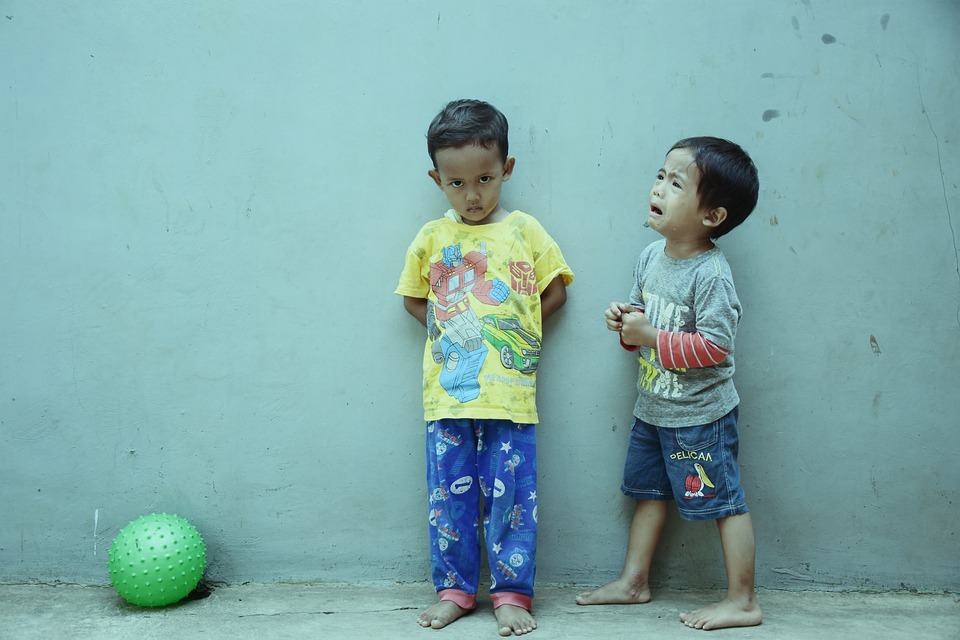One of the many reasons why adults find it hard to express what they feel is because their parents tend to invalidate their feelings as children. They weren’t allowed to feel what they felt. Instead, they try to keep it to themselves because they thought that their feelings were not valid. However, this does not show good parenting. Validation is one of the most crucial parenting tools anyone must practice. It is one factor that could affect a child’s and an adult’s positive mental health and behavior.
A kid does not behave like this for no reason. They act as a response to what they are thinking or feeling. Validating your kid’s feelings does not mean that you have to agree with what your kid feels and how they express these feelings. Validation is when you acknowledge that these feelings exist and that these are real to your kids. You put yourself in your kid’s shoes and try to understand what they feel, and let your child know that it is okay and normal to have these kinds of feelings.
HOW TO PRACTICE VALIDATION WITH KIDS
- Listen to what they are saying. Listen quietly to what your kid says and how he feels. Do not scream and get angry at them. Silence all the thoughts in your head. Let your child know that you are listening. When you listen to them, you will be able to grasp and understand how they feel and why they behaved that way. That way, your kid will be aware that he is heard and understood and that what he feels is completely valid.
- Respect what your kid is saying and how they are feeling. Do not tell your kids what to feel and how to behave when they are experiencing a situation. It is crucial to honor what they say about their experiences and acknowledge what they are feeling. Listen to what they are saying without any judgments, criticizing, and without making fun of them.
- Let your kids know that you understand what they experienced. It will make them feel free and safe to express their feelings nonjudgmentally. Try to repeat what they are saying. Kids tend to calm down and elaborate on their experiences when their parents know and understand what happened to them. When you get it wrong, they tend to give more information, and they will try harder to make you understand their experience.
- Ask questions about their experience. Let your kid tell you all about the factors that play a part in their experience. It is necessary to know all the aspects that caused them to feel that way so that you can help them work things out.
- Try saying validating statements. These statements may help calm your kid down. Affirmations like “I understand that you are frustrated. It is a difficult situation,” “It is okay to feel that way,” and “I understand and know how much it hurts.” are good validating statements.
WHAT VALIDATING FEELINGS ARE NOT
- Agreeing to how they feel.
- When you immediately judge their experience and emotions.
- Invalidation also happens when you try correcting their feelings and behavior.
- It is not validating when you teach your kids what and what not to feel.
- Parents also invalidate kids’ feelings when they try to argue why their children’s feelings and experiences are wrong.
WHY IS IT IMPORTANT TO PRACTICE VALIDATION WITH KIDS?
Validation help kids feel that they are heard and understood. The intensity of their emotions tends to reduce when they know that their feelings are validated. It allows them to move forward past the breakdown and the tantrums. It will also help them solve their problem or get through a difficult situation rather than letting their feelings and emotions control their behavioral response.
Validation also teaches kids to communicate effectively with their parents. Since they feel like they are heard and understood, they will be more open when talking about their feelings with other people. This would convince them to tell their parents the truth.
Kids could also learn the value of resiliency when they experience how to handle their feelings and emotions and learn how to solve the situation. When they feel validated, their feelings will lay low, and they can think properly. They will be more resilient when coping with unfortunate situations in their lives as they grow older.
Finally, validation helps them sympathize and empathize with other people. They will be able to feel compassion, and they, themselves, will also learn how to understand and validate other people’s feelings.
Practicing validation with kids is a great help in letting them understand and deal with their emotions correctly. That way, kids will know that their feelings are valid, feeling these things are perfectly normal, and it is alright to feel that way.


